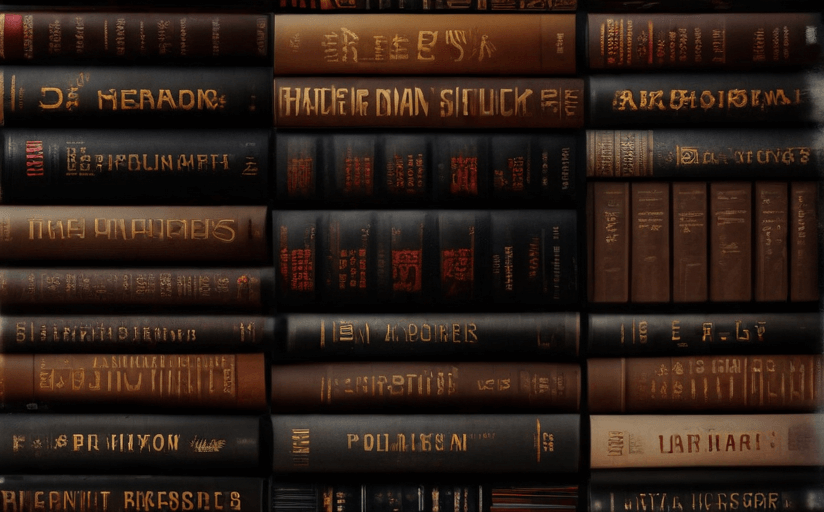The Rich History and Profound Influence of Dystopian Literature
Introduction
Dystopian literature, a literary genre that creates an imagined future characterized by social control, oppression, and the illusion of a perfect society, has been a formidable presence in our culture. The genre’s development from the early stages to its modern adaptations across various mediums offers significant insights into societal concerns throughout history.
Early Stages of Dystopian Literature
Dystopian literature can be traced back to the 19th century with works like Samuel Butler's 'Erewhon' and Yevgeny Zamyatin’s 'We', which influenced later seminal dystopian works. These narratives were marked by their condemnation of contemporary societal structures and proposed a worrying image of future societies if current trajectories continued.
Iconic Examples of Dystopian Literature
Some standout examples include George Orwell's 'Nineteen Eighty-Four', Aldous Huxley's 'Brave New World', and Margaret Atwood’s 'The Handmaid’s Tale'. These books tackle themes like totalitarianism, censorship, technological advancement, gender equality, and more, reflecting the relevant societal anxieties of the time.
Influence of Dystopian Literature on Society and Other Genres
Dystopian literature has played a crucial role in shaping cultural beliefs by highlighting the potential consequences of political, social, and technological trends. It has incited critical thought, encouraging readers to examine and question their societies. This critical edge has also influenced other literary genres, including literature for young adults, science fiction, fantasy, and transgressive fiction.
Current Trends and Future of Dystopian Literature
Contemporary dystopian literature often focuses on themes like climate change, artificial intelligence, privacy invasion, and continues to evolve according to societal fears. As we move forward, we can expect dystopian literature to further adapt, reflecting and dissecting our changing world and its future challenges.
Conclusion
The influence of dystopian literature on our society is profound and far-reaching. Despite the genre's bleak nature, it serves a crucial purpose: to invoke critical thought, explore societal fears, and instigate change. And as long as societal anxieties persist, so will the relevance and popularity of dystopian literature.


















Comments
Leave a Comment